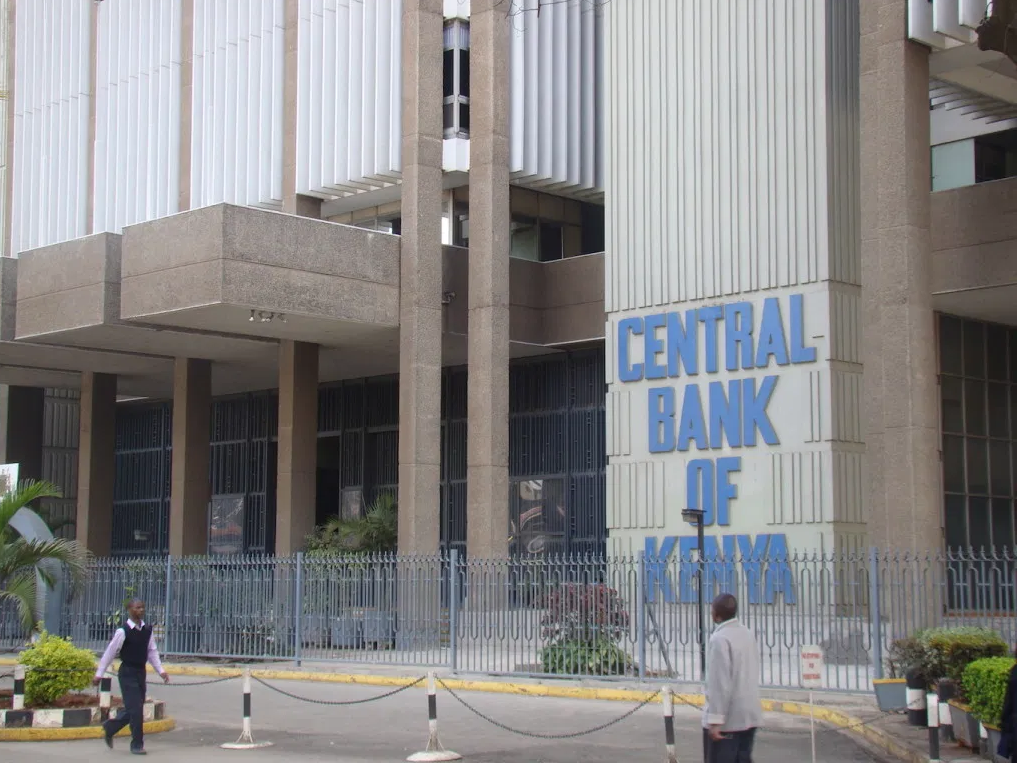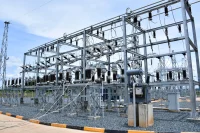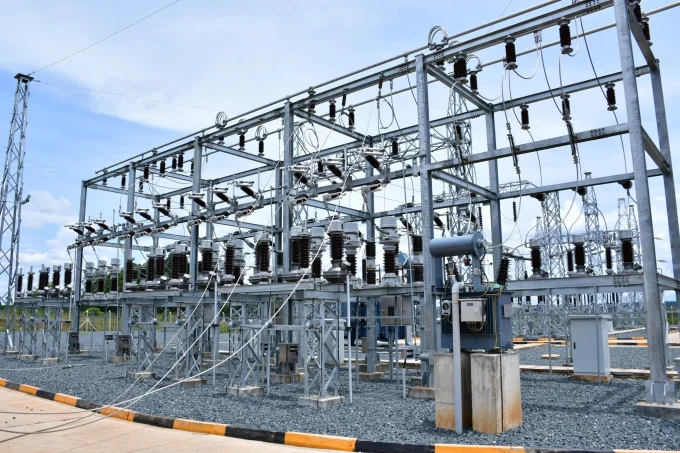NAIROBI, Monday 30, 2011 – Eveready East Africa, the largest supplier of portable power solutions in the region, released its results today that highlight a difficult operating environment during the full financial year ending September 30, 2011. The company, which also trades in personal care products under the Schick brand of razors and blades, registered a 16 per cent decline in net sales compared to 2010, resulting in a loss after taxation of Ksh123.9 million compared to net profit of Sh8 million in 2010.
The management attributes the low performance to: high inflation, which rose over the period to peak at 17.3 per cent in September 2011 from just 3.1 per cent recorded in October, 2010, impacting consumers’ discretionary spend; the drought situation experienced in the period which affected major segments of the “D” battery market; the depreciation of the local currency by 22 per cent in the financial year which resulted in an increase in the cost of inputs and KShs.87 million in foreign exchange losses – although over 90 per cent of the amount was unrealized by year end.
“The Company implemented various medium term plans to address the trend in performance by adopting additional cost saving measures, increased targeted marketing activities and a change management approach to operations,” says Eveready East Africa Ltd. chairman Moody Awori in a statement accompanying the results. These actions resulted to improvements in factory efficiencies which he says, helped mitigate the increase in cost of production experienced in the year associated with loss of volume and currency issues.
He says the Company reviewed its route-to-market strategies resulting in the restructuring of the Company’s distribution operations in both the export and local markets to achieve efficiency and effectiveness. “Proactive engagement with channel partners at various levels and adoption of a new electronic sales data collection and reporting system continues to improve our route to market programmes from the perspective of planning execution and oversight,” he says.
The Company’s bottom-line performance was further impacted by a sum of KShs53 million made to cater for waste management and slow moving machinery spares. A further Ksh.15 million was paid to the defined benefit pension scheme to address a funding deficit arising from the downturn in the equities market.
The payment was made in order to facilitate the closure of the scheme. Going forward, the Company’s management indicates that it will continue to fast track its short and medium term plans by finalizing its reviews of personnel and operational requirements and implementing improvements to its business model.
The directors do not recommend the payment of dividend due to the performance.
















































![Pula Co-Founders and Co-CEOs, Rose Goslinga & Thomas Njeru. Pula provides agricultural insurance and digital products to help smallholder farmers manage climate risks, improve farming practices and increase their incomes. [ Photo / Courtesy ]](https://businesstoday.co.ke/wp-content/uploads/2021/01/Pula-Co-Founders-and-Co-CEOs-Thomas-Njeru-Rose-Goslinga.jpg)



























































Leave a comment